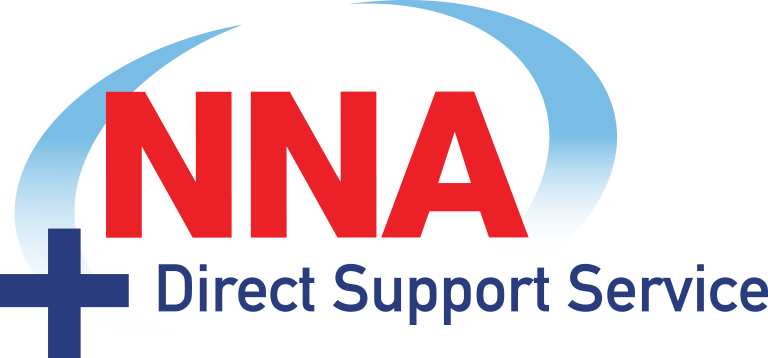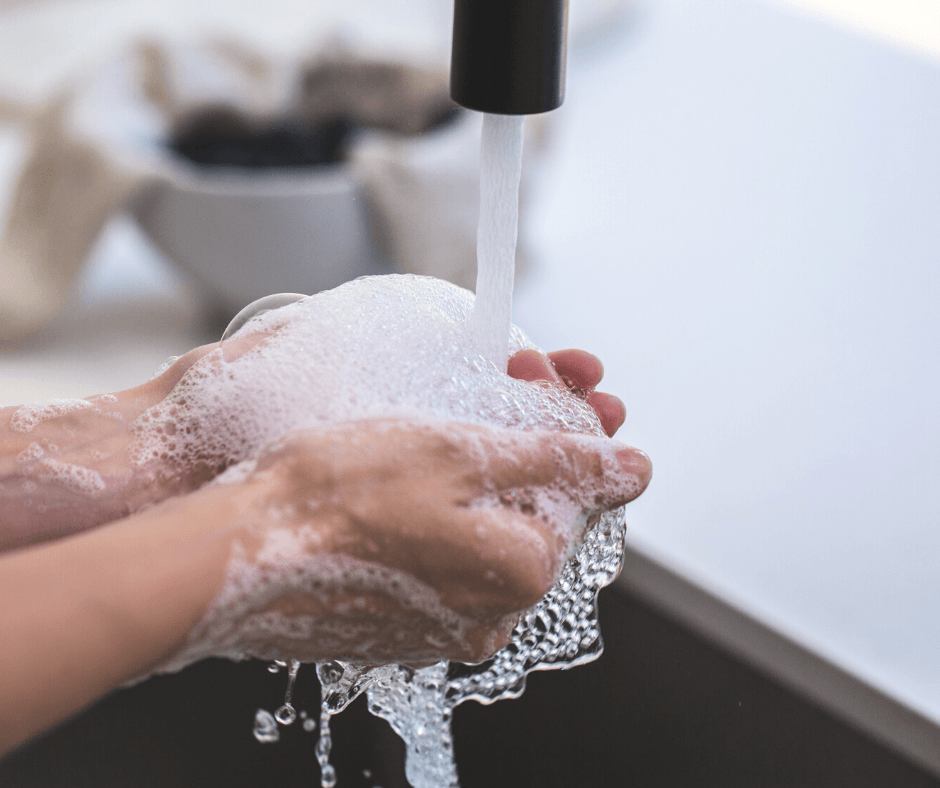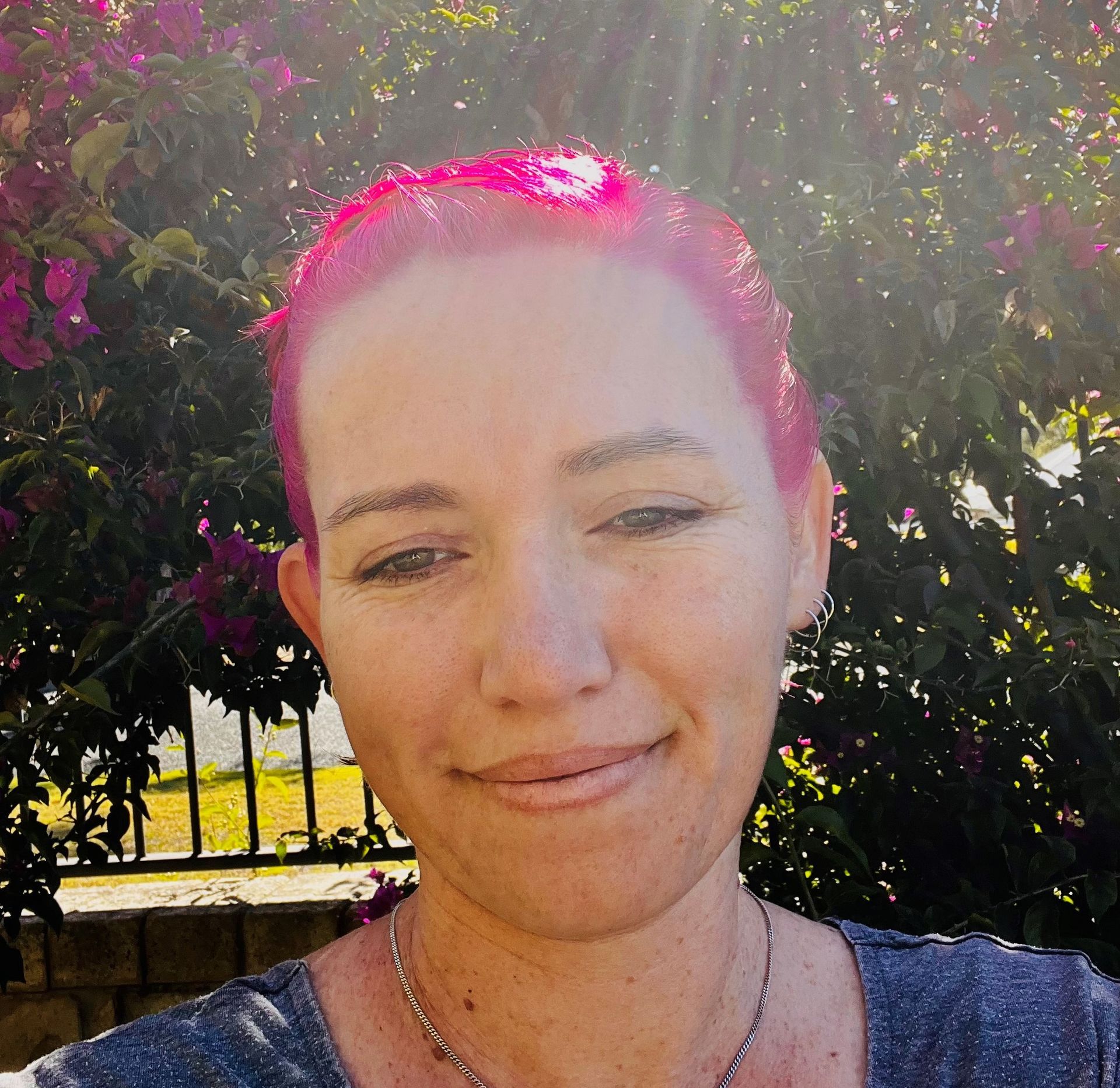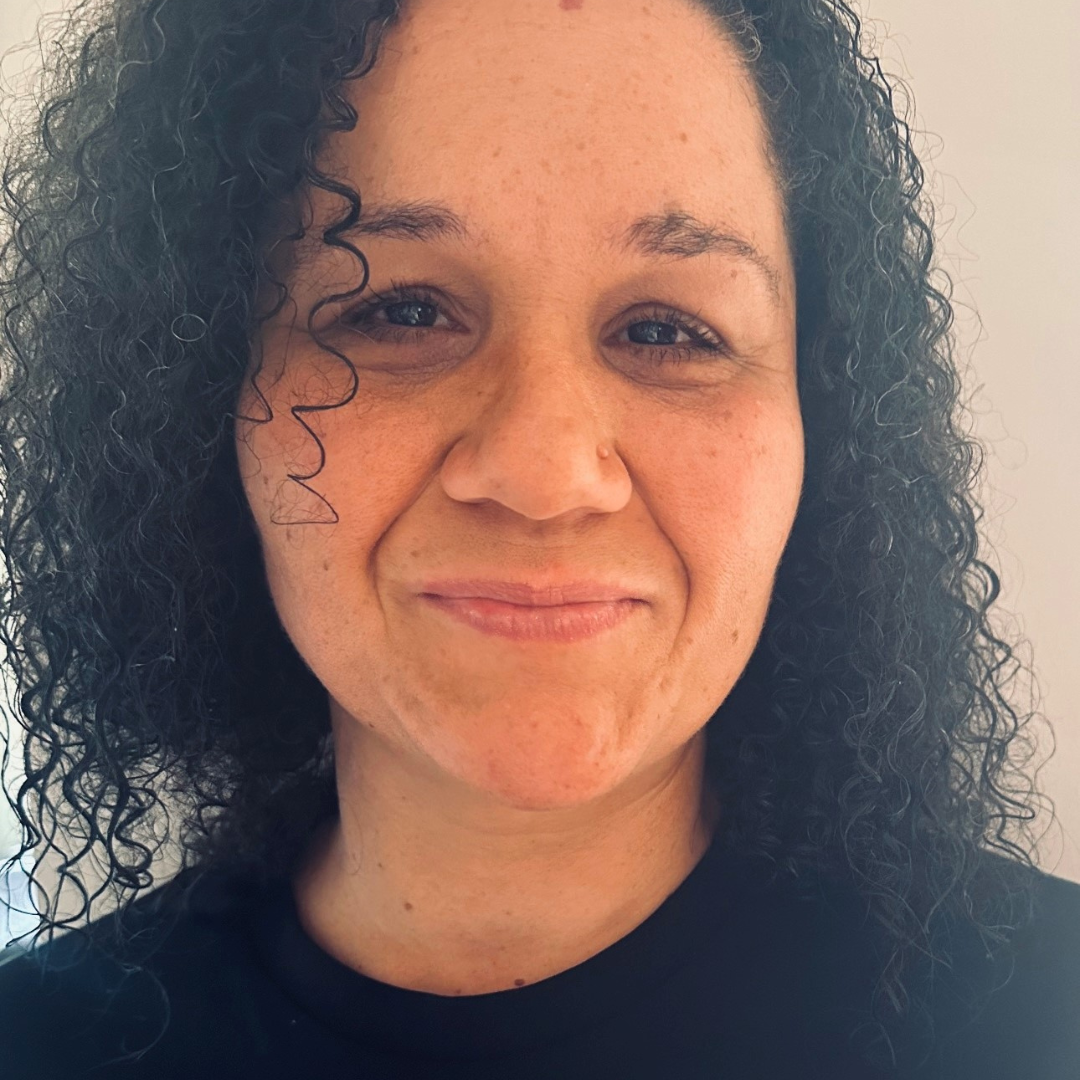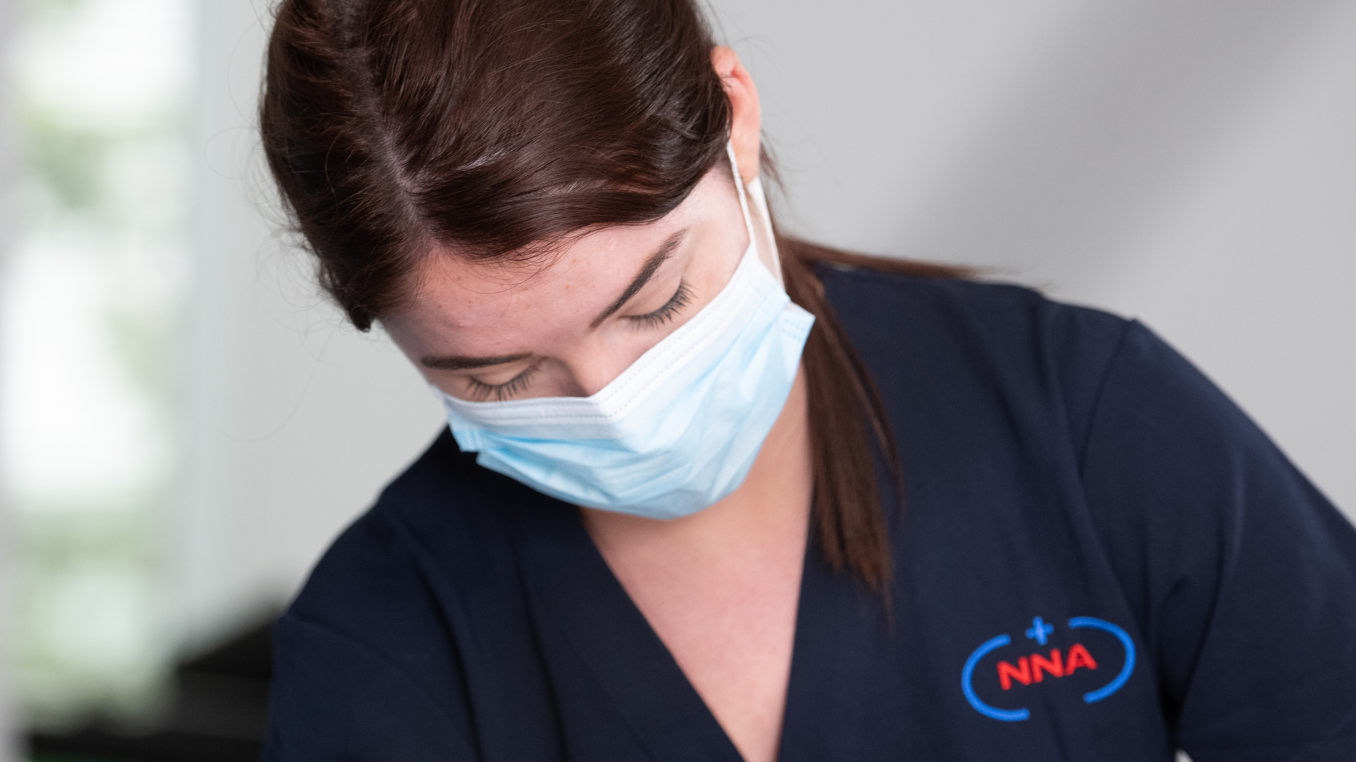Coronavirus - Health Update
Coronavirus (COVID-19) is a respiratory illness caused by a new virus. Symptoms range from a mild cough to pneumonia. Some people recover easily, others may get very sick very quickly. There is evidence that it spreads from person to person. Good hygiene can prevent infection.
What is Coronavirus (COVID-19)?
Coronaviruses are a large family of viruses that can make humans and animals sick. They cause illnesses that can range from the common cold to more severe diseases.
Coronavirus (COVID-19) was first reported in December 2019 in Wuhan City in China.
Other Coronaviruses include Middle East Respiratory Syndrome (MERS) and Severe Acute Respiratory Syndrome (SARS).
Symptoms
Symptoms can range from mild illness to pneumonia. Some people will recover easily, and others may get very sick very quickly. People with Coronavirus may experience:
•fever
•flu-like symptoms such as coughing, sore throat and fatigue
•shortness of breath
Who is at risk
Most cases of Coronavirus (COVID-19) are in Wuhan City in Hubei Province, China.
In Australia, the people most at risk of getting the virus are those who have:
•recently travelled
•been in close contact with someone who is a confirmed case of Coronavirus
Health authorities have confirmed cases of Coronavirus in Australia. For the latest number, read our Coronavirus health alert.
If you’re travelling or returning to Australia, you'll now be required to self-isolate for 14 days. This applies to all travellers, including Australian citizens. For details see the Australian Border Force website.
How it spreads
There is evidence that the virus spreads from person-to-person.
The virus is most likely spread through:
•close contact with an infectious person
•contact with droplets from an infected person’s cough or sneeze
•touching objects or surfaces (like doorknobs or tables) that have cough or sneeze droplets from an infected person, and then touching your mouth or face
Prevention
Everyone must practice good hygiene to protect against infection and prevent the virus spreading.
- Infection Prevention –Washing hands, Coughing and Sneezing Etiquette (Poster)
Surgical masks in the community are only helpful in preventing people who have Coronavirus disease from spreading it to others. If you are well, you do not need to wear a surgical mask as there is little evidence supporting the widespread use of surgical masks in healthy people to prevent transmission in public.
Find out more in our fact sheet about the use of surgical masks.
Everyone should practice good hygiene to protect against infections. Good hygiene includes:
•washing your hands often with soap and water
•using a tissue and cover your mouth when you cough or sneeze
•avoiding close contact with others, such as touching
Read more about protective measures against Coronavirus on the World Health Organization website.
If you have a confirmed case, you need to isolate yourself to prevent it spreading to other people.
Diagnosis
If you become unwell and think you may have symptoms of Coronavirus, seek medical attention.
Call ahead of time to book an appointment. Tell your doctor about your symptoms, travel history and any recent close contact with someone who has Coronavirus.
If you must leave home to see your doctor, wear a surgical mask (if you have one) to protect others.
If you have serious symptoms such as difficulty breathing, call 000 for urgent medical help.
Find out what happens if you have a suspected case of Coronavirus.
Treatment
There is no treatment for Coronavirus, but medical care can treat most of the symptoms. Antibiotics do not work on viruses.
If you have been diagnosed with Coronavirus, isolate yourself in your home.
How to isolate yourself
Do not go to public places, such as work, school, shopping centres, childcare or university. If possible, ask other people to get food and other necessities for you and leave them at your front door.
Only people who usually live with you should be in your home. Do not let in visitors.
You do not need to wear a mask in your home.
If you need to leave home to seek medical attention, wear a surgical mask (if you have one) to protect others.

